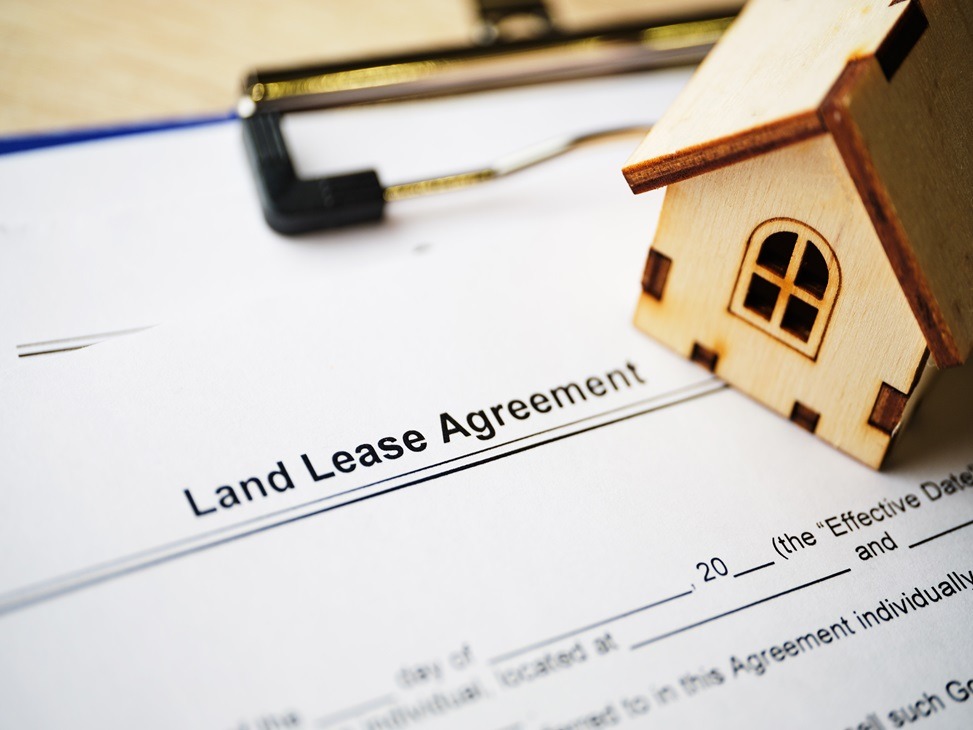Property Leasehold in Thailand. In Thailand, foreign nationals are largely prohibited from owning land directly under the Land Code Act. As a result, leasehold agreements have become one of the principal methods through which foreigners secure rights to occupy and use property — particularly residential homes, villas, and commercial premises.
Understanding the legal nature, limitations, and correct structuring of a Thai leasehold is vital for protecting long-term interests.
Legal Nature of Leasehold Rights in Thailand
A leasehold in Thailand is governed by the Civil and Commercial Code (Sections 537–571). Key characteristics include:
| Feature | Description |
|---|---|
| Type of Right | Personal contractual right, not real ownership of property. |
| Maximum Lease Term | 30 years for both residential and commercial leases. Renewable, but renewals are not automatic. |
| Registration Requirement | Leases over 3 years must be registered at the local Land Office. |
| Inheritance | Leasehold rights can be inherited if contractually specified, but legally complex if not clearly documented. |
Practical Steps to Secure a Registered Leasehold
1. Drafting the Lease Agreement
-
Should specify term, rent amount, payment schedule, maintenance obligations, and renewal rights.
-
Critical clauses include: succession rights, sub-letting permission, and dispute resolution.
2. Registration with the Land Office
-
Lease must be registered against the title deed (Chanote or Nor Sor 3 Gor) at the local Land Department.
-
Government fee: approximately 1.1% of the total lease value (rental over the term).
3. Renewal Clauses
-
Common to structure an initial 30-year lease with option(s) to renew for an additional 30 years.
-
However, under Thai law, only the initial 30 years is enforceable. Renewal is a matter of contract, not guaranteed by law.
Rights and Obligations of Lessees
| Right/Obligation | Detail |
|---|---|
| Right to Use and Occupy | Exclusive possession during the lease term. |
| Right to Sublet/Assign | Allowed only if expressly written into the lease contract. |
| Obligation to Maintain | Routine maintenance is usually lessee’s responsibility unless otherwise agreed. |
| Rent Payment | Timely payment of agreed rent is mandatory; late payment may trigger termination. |
Key Legal Risks and Challenges
| Risk | Description |
|---|---|
| Non-renewal Risk | Renewal clauses are contractual promises only, not automatically binding on heirs or new owners. |
| Landlord Default | If the landlord sells or mortgages the land, the new owner is bound by the lease — but only if properly registered. |
| Estate Planning Complexities | Unregistered inheritance of leasehold rights is precarious unless supported by watertight legal documentation. |
| Void Clauses | Some contracts attempt to bypass the 30-year limit through disguised ownership structures — risky and likely void. |
Leasehold vs. Other Structures (Comparison)
| Structure | Description |
|---|---|
| Leasehold | Right to use/occupy; no ownership. Renewable in theory. |
| Superficies | Right to own buildings on another’s land for a fixed period. Often combined with leasehold. |
| Company Ownership | Risky nominee structures illegal unless genuine Thai-majority ownership exists. |
Best Practices for Foreign Lessees
-
Insist on Lease Registration: Only a registered lease provides full enforceability against third parties.
-
Structure Renewal Options Carefully: Include clear renewal terms, notice periods, and pre-agreed renewal fees.
-
Consider a Superficies: For houses built on leased land, having a separate right of superficies over the building can offer added protection.
-
Use Licensed Lawyers: Only qualified professionals familiar with Thai property law should draft and review agreements.
Example of Leasehold Registration Process
-
Negotiate Lease Terms: Between owner and lessee.
-
Draft Formal Lease Contract: Including English and Thai versions.
-
Submit Lease at Land Office: Attach title deed, ID cards, company documents (if applicable).
-
Pay Registration Fee: Usually at 1.1% of the lease value.
-
Obtain Updated Title Deed: Lease noted on back page of Chanote.
Processing time: Typically 1–3 days, depending on the Land Office.
Conclusion: Leasehold as a Practical, But Imperfect Solution
While leasehold arrangements offer a practical way for foreigners to secure long-term use of Thai property, they carry intrinsic legal risks due to the limitations on foreign land ownership.
Proper legal drafting, careful due diligence, and strict compliance with registration procedures are critical to ensuring a leasehold arrangement provides the intended security and value.

